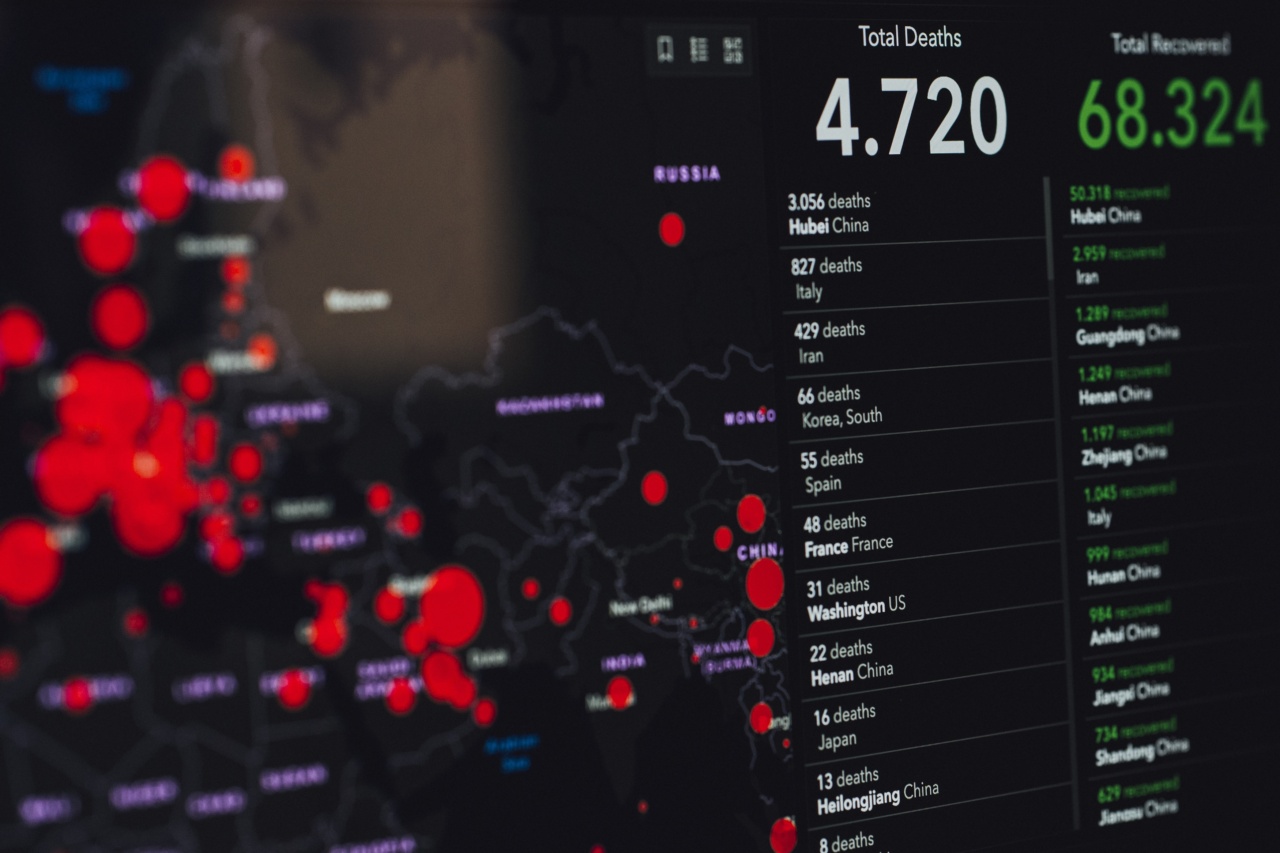Celiac disease is an autoimmune disorder that affects the small intestine. When people with celiac disease eat gluten, their immune system reacts by damaging the lining of the small intestine, which can lead to a variety of health problems.
Despite the prevalence of celiac disease, many people are still unaware of its dangers. In this article, we will explore the dangers of celiac disease ignorance.
What is celiac disease?
Celiac disease is a genetic disorder that affects approximately 1% of the global population. When people with celiac disease eat gluten, the immune system attacks the lining of the small intestine.
Over time, this can lead to malabsorption of nutrients, which can cause a range of health problems including anemia, osteoporosis, and neurological disorders.
The symptoms of celiac disease
The symptoms of celiac disease can vary from person to person. Some people with celiac disease may experience no symptoms at all, while others may experience dramatic symptoms such as severe abdominal pain, diarrhea, and weight loss.
Other symptoms of celiac disease can include fatigue, headaches, and skin rashes.
The dangers of celiac disease ignorance
The dangers of celiac disease ignorance are significant. The most obvious danger is that people with celiac disease may continue to eat gluten, which can cause significant damage to their small intestine.
Over time, this damage can lead to malabsorption of nutrients, which can cause a range of health problems including anemia, osteoporosis, and neurological disorders.
In addition to the physical dangers of celiac disease, there are also psychological dangers associated with the disease. For many people with celiac disease, eating gluten can trigger feelings of anxiety and depression.
This can lead to a range of mental health problems including social isolation and a decreased quality of life.
Testing for celiac disease
The only way to diagnose celiac disease is through a blood test and biopsy of the small intestine. If you think you may have celiac disease, it is important to speak to your doctor about getting tested.
The importance of a gluten-free diet
The only treatment for celiac disease is a lifelong gluten-free diet. This means avoiding all foods that contain gluten, which can be found in wheat, barley, and rye.
While following a gluten-free diet can be challenging, it is crucial for people with celiac disease to avoid gluten in order to prevent further damage to their small intestine.
The importance of education and support
Education and support are crucial for people with celiac disease.
It is important for people with celiac disease to understand the importance of maintaining a gluten-free diet and to have access to resources that can help them navigate the challenges of following a gluten-free diet. This can include support groups, nutritionists, and online resources.
The bottom line
Celiac disease is a serious autoimmune disorder that can cause a range of health problems if left untreated. The dangers of celiac disease ignorance are significant and can lead to physical and psychological health problems.
If you think you may have celiac disease, it is important to speak to your doctor about getting tested and to seek out education and support to help you maintain a gluten-free diet.































